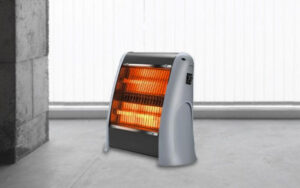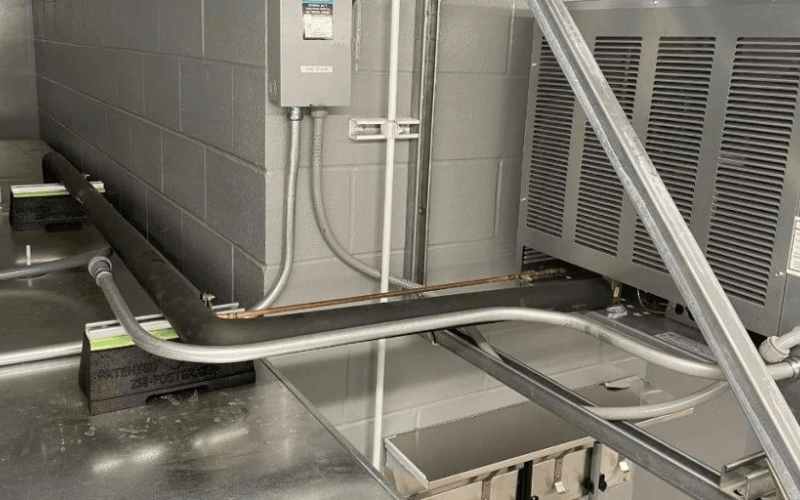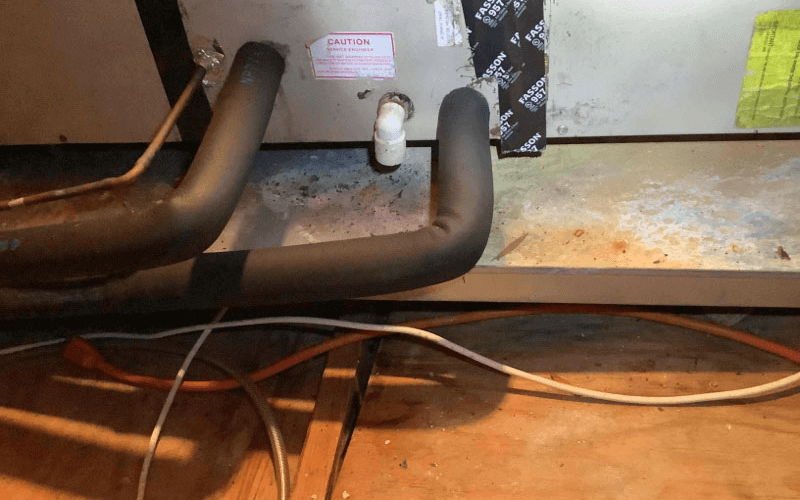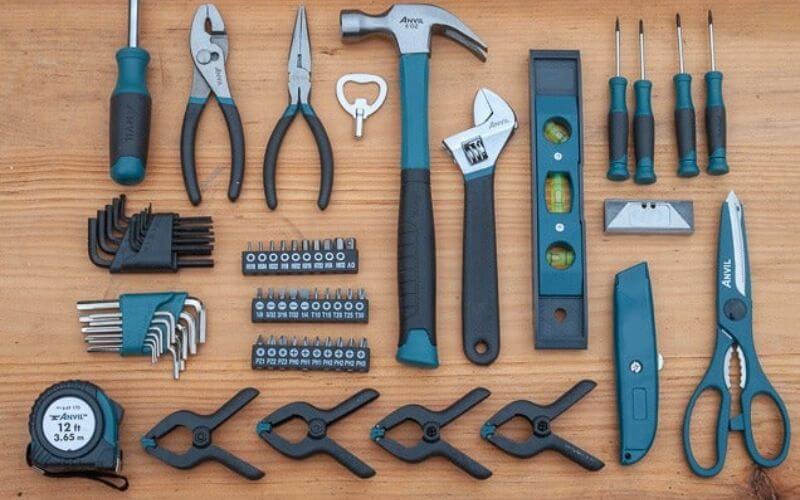Electric water heaters are popular because they consistently provide hot water for a variety of household uses. If you recently switched from a gas to an electric water heater, you may be concerned about the absence of a familiar feature: the pilot light. In contrast to gas water heaters, which require a pilot light to light the burner and heat the water, electric water heaters do not require a flame to function. Does an electric water heater have a pilot light? This blog will delve into the world of electric water heaters, investigating their design, operation, and the reasoning behind their lack of pilot lights.
Table of Contents
ToggleAn Overview Of Electric Water Heaters:
Electric water heaters are modern, high-efficiency alternatives to gas-powered water heaters. Their basic premise is that electrical resistance can heat water. Metal heating elements are completely submerged in the water tank in these machines.
Heat is generated and transferred to the water when an electric current is passed through these elements. As the water temperature rises, it is stored in an insulated tank until it is needed. Because the water has been preheated, when you turn on a hot water tap, it immediately begins to flow at a consistent temperature.
Also, Read: Why Does My Water Heater Pilot Keep Turning off?
| Image | Product | Features | Price |
|
Best Seller
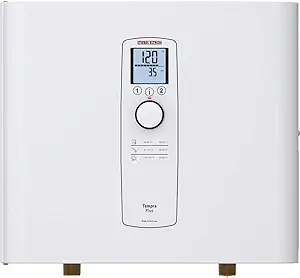
|
Stiebel Eltron Tankless Water Heater – Tempra 24 Plus |
Electric, On Demand Hot Water, Eco, White, 20.2 |
$660.42
|
|
Best Seller
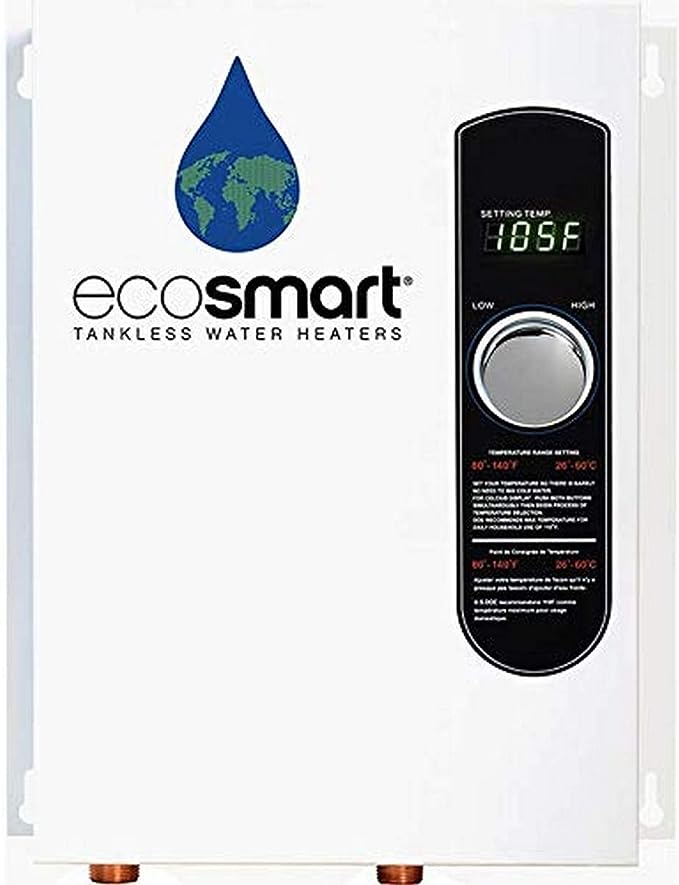
|
EcoSmart ECO 27 Tankless Water Heater, Electric, 27-kW |
|
$405.20 |
|
Best Seller
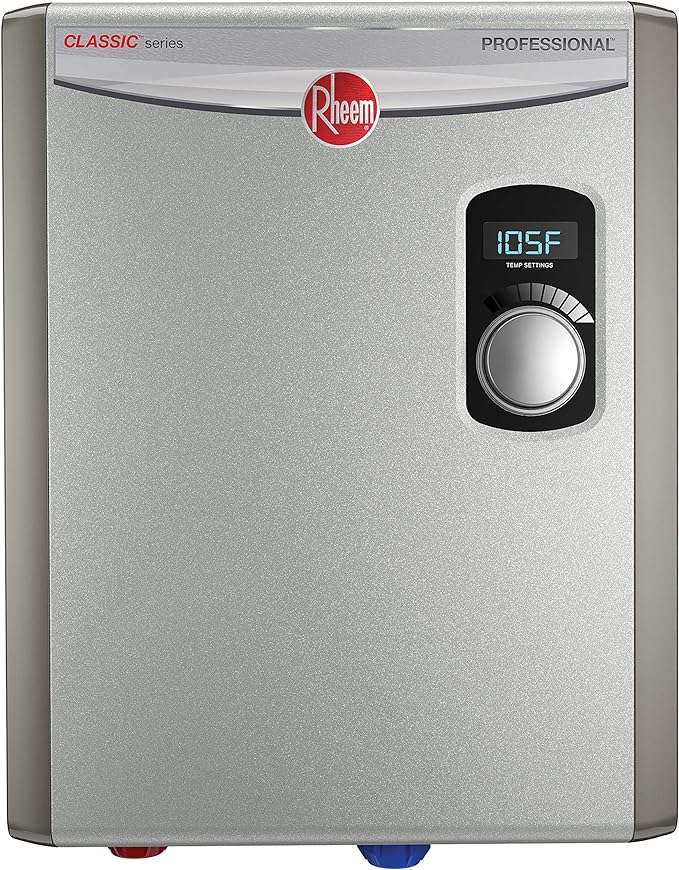
|
Rheem 18kW 240V Tankless Electric Water Heater
|
|
$449.17 |
|
Best Seller
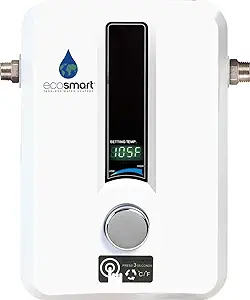
|
EcoSmart ECO 11 Electric Tankless Water Heater, |
13KW at 240 Volts with Patented Self Modulating Technology |
$192.69 |
|
Best Seller
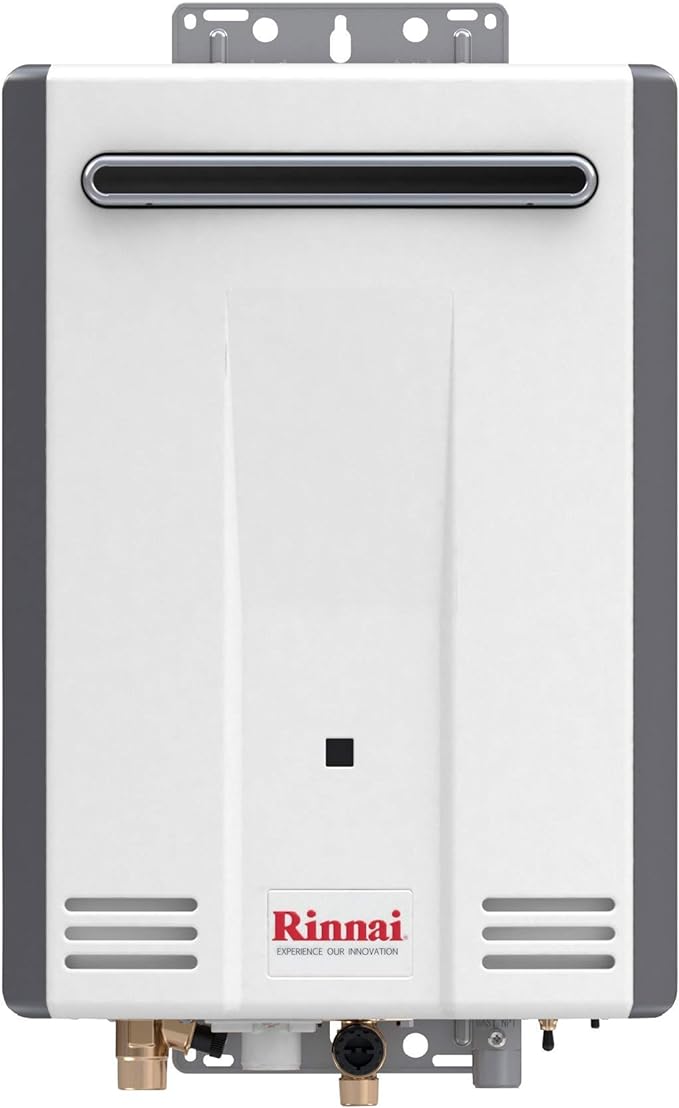
|
Rinnai V53DeP Tankless Hot Water Heater, 5.3 GPM, Propane, |
Water Heater, 5.3 GPM, Propane, Outdoor Installation |
$669.71
|
Electric Water heater Pilot Lights:
Pilot lights distinguish gas and electric water heaters. The gas water heater pilot lights light the burner. This tiny, always-on flame ignites the main burner and makes hot water. Electric water heaters don’t need a pilot light for many reasons.
Electric Water Heating:
Direct electric heating occurs when electric water heater heating elements generate heat directly through electrical resistance. The heating cycle does not need a pilot light or other ignition source.
Efficiency:
Electric water heaters are known for efficiency. They use less energy than gas heaters because they don’t burn a tiny flame. Gas heaters need pilot lights, but constant fuel consumption is inefficient.
Safety:
The lack of a pilot light makes electric water heaters safer. There are no Gas Leaks or pilot light failures like in gas-powered systems.
Cost Effectiveness:
Because of their low initial investment and low operating costs, electric water heaters are commonly regarded as more cost-effective.
Also, Read: What Causes Too Much Pressure In The Hot Water Heater?
Assembly of an Electric Water Heater:
See why electric water heaters don’t need pilot lights. Electric water heaters typically have these parts:
Tanks:
Steel tanks with glass or other corrosion-resistant interiors are common. Maintaining water temperature is its purpose.
Parts For Heating:
Heating Elements:
Tank-built resistive heating elements. These materials can withstand extreme temperatures and efficiently transfer heat to water.
Thermostat:
Electric water heaters have thermostats to control water temperature. These thermostats regulate water temperature and turn heating elements on and off.
PRV: Pressure Relief Valve:
The tank won’t burst from pressure buildup with this safety feature.
Diptube:
A dip tube leads cold water to the tank’s bottom for heating before distribution to hot water fixtures.
Anode Rod:
An anode rod prevents tank corrosion internally. It attracts moisture and corrodes before the tank, preventing sudden water heater failure.
The Drain Valve:
Use this drain valve to empty the tank for cleaning or maintenance.
How Do Electric Water Heaters Work?
InflowWater:
Cold water enters the tank from the top. A dip tube brings cold water to the tank bottom, where the elements heat it.
Turn On Heaters:
Heating elements are controlled by thermostats. The thermostat activates the heating elements if the water temperature is not met.
The Flow Of Electricity:
Heat is generated by electricity passing through heat elements. This heat transfer raises the water temperature gradually.
Thermostat:
The thermostat monitors the water level. After reaching the desired temperature, the heating elements turn off automatically to prevent heat damage.
Use Of Water:
Hot water faucets and appliances heat tank water to the desired temperature.
Safety Features:
Temperature and pressure relief valves for electric water heater tanks.
Conclusion:
Electric water heaters have become common in recent decades. Electrical resistance directly heats water, so no pilot light is needed. This design boosts safety, efficiency, and cost. Unlike gas water heaters, electric ones work quietly and efficiently to heat water.
FAQs:
Electric water heaters use what fuel?
Electrical water heaters are more efficient than gas ones. The bottom and top heating elements are typical of electric water heaters. They generate heat submerged.
Which is safer, gas or electric water heater?
Tankless or tanked electric water heaters exist. No storage tank means tankless models save space. Electric water heaters operate cheaper than gas ones. It is safer than gas water heaters because it does not leak.




